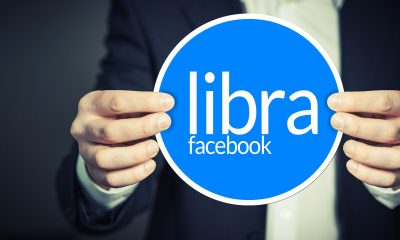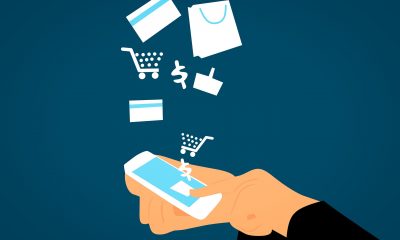Digital Insights
The Future is Private for Facebook: F8 2019
Published
5 years agoon
By
SEADS TEAM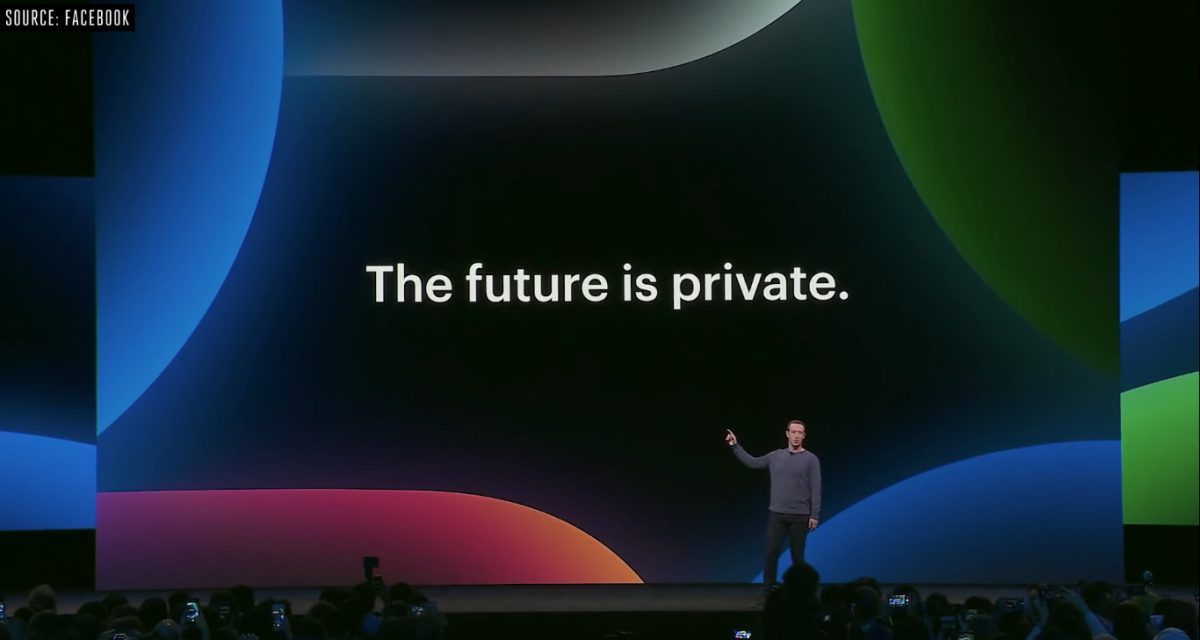
Facebook’s F8 annual conference jump-started a series of new changes for the company’s overall structure and system. Facebook has a new mantra: “The Future is Private.”
Everyone is fully aware by now that Facebook’s privacy has been questionable involving pressing issues from last year’s data security breach, exposing millions of users’ data, and the Cambridge Analytica event (also see Rankwave, TikTok). It’s only fitting the next action is to clean up the mess by focusing on privacy and security.
Facebook trust at an all-time low
But going back, what caused this necessary reset? In 2018, Facebook faced charges for risking at least 50 million users’ data, exposing them to vulnerability and unwanted access. Because of this, there was a decline of Facebook users trusting the platform.
Based on a survey conducted by Pew Research Center following the Cambridge Analytica data-sharing scandal, results showed that 26% of the respondents deleted their Facebook accounts. There is also a huge age difference in the survey with younger users (aged 18-29) who deleted the app at 44%, compared to older respondents who deleted Facebook only at 12%.
We know who’s more active on Facebook and don’t want their privacy and various transactions and activities invaded.
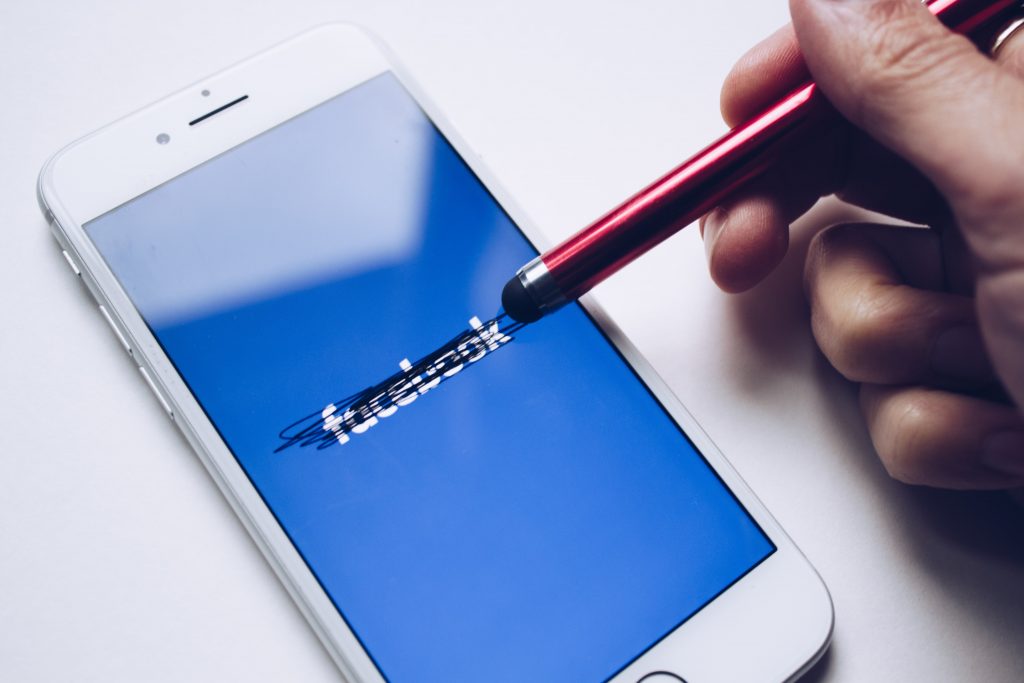
Governments around the world (Germany, Belgium, United States, European Union) have also become more vigilant and are putting the practices of Facebook under the microscope.
Facebook announced their vision for a private digital social platform. Facebook is ‘downsizing’, from its original townsquare approach to a more intimate setting, like the family living room.
The downsizing includes changes to Messenger, Instagram, WhatsApp, which seems more aligned with the approach of China’s Tencent (WeChat) – monetizing via in-app ecommerce and payments, and financial transactions – moving the reliance away from personal data usage and advertising as the main revenue stream for Facebook.
Not only do these changes affect social activity and experience, it also raises concerns for marketing and advertising on Facebook for entrepreneurs and digital marketers.
Facebook is growing smaller for more intimacy
- There is going to be a complete redesign on Facebook’s interface. Facebook will have “the biggest change to the app and website in the last five years,” according to Zuckerberg.
- Instead of focusing on the newsfeed feature, the platform will center on groups and communities as the forefront to improve overall connection. No more random and explicit content to disturb users’ experience. The interface will be relevant and catered to specific groups and users’ interests.
- A huge load of unnecessary posts will be shed off, and Facebook will lose a lot of its weight. It’s even revamping the color scheme from its iconic blue to clean white for a lighter appeal.
- Buying and selling will be much more secure with promises that no private data such as credit card information will be seen by Facebook’s servers. Negotiations will be between buyer and seller only.
- Lastly, the talk around town is the new dating feature initially called “Secret Crush,” but released as Facebook Dating will expand across 14 countries in Asia and South America including Singapore, Philippines, Vietnam, Malaysia, Laos, Brazil, Peru, Chile, Bolivia, Ecuador, Paraguay, Guyana, Uruguay, and Suriname.
- With Facebook Dating (Secret Crush), users can now interact with each other discreetly in match-making. The idea is to connect two people who have privately expressed that they like each other. The other person won’t see that you added him/her as a secret crush unless the gesture is reciprocated. Otherwise, the secret crush remains a mystery.
What this means to marketers:
Advertising adjustments
In efforts to minimize the public space of Facebook, the new algorithm set for tighter connections centered on groups creates a barrier for advertisers and marketers to enter users’ feeds. Although paid ads are auctioned and optimized for targeted users, there is still concern whether or not ads will be filtered more than ever, reducing the chances of reaching potential buyers.
This means digital marketers and influencers need to work twice as hard to gain an organic reach in order to adjust with the new restrictive algorithm. They need to abandon short-term tactics that only chase users’ short attention spans by using clickbait and shocking headlines.
Segmented targeted users
On the bright side, the Branded Groups feature that was released last year sets another potential for the Facebook market to be segmented and still expand to targeted users.
Genuine human connections
And in order to stay relevant, long-term goals and more substantial engagement are needed to build a relevant social presence. Businesses can achieve this by providing quality content that result in genuine human connections through immersive and problem-solving approaches.
Messenger at its lightest
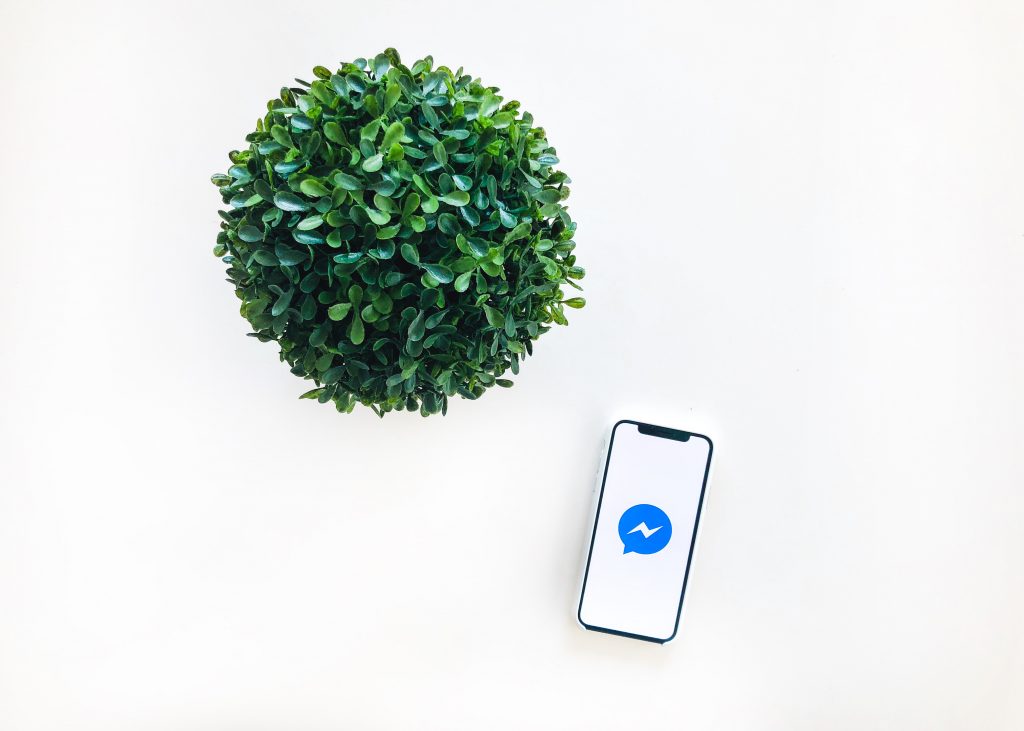
- Just like Facebook, Messenger will be downsizing, literally. The app, dubbed as Project Lightspeed, will have “an entirely new code base” making it lightweight. Mark Zuckerberg claims the app will open in two seconds. This helps those with poor internet connections and low storage.
- The company also developed a new desktop application for Messenger, independent from the website when opened on browsers. This is one of the major requests from users and is now with easier access.
- Another innovation for Messenger is its new “watch together” social feature that enables users to simultaneously watch videos while on-call.
- Messenger gen Ads and a feature for booking appointments are improved for easier connection between businesses and potential customers.
What this means to marketers:
Advertisement templates
By adding lead generation templates directly into Ads Messenger, businesses can create ads that direct people to an automated question and answer system. This is an effective way to figure out what a potential customer is looking for without having to deal with gruelling discussions on customer service.
Convenience in booking for customers
An appointment booking interface was also created in the Messenger Platform API which is an efficient calendar system for both businesses and customers. Users can easily view the most updated appointment availabilities and book a slot without any hassle.
Both lead ads and appointment booking are still in Beta testing, but are said to be available later this year. Businesses can look forward to these features because they are convenient ways to connect with customers.
Instagram likes go invisible from now on
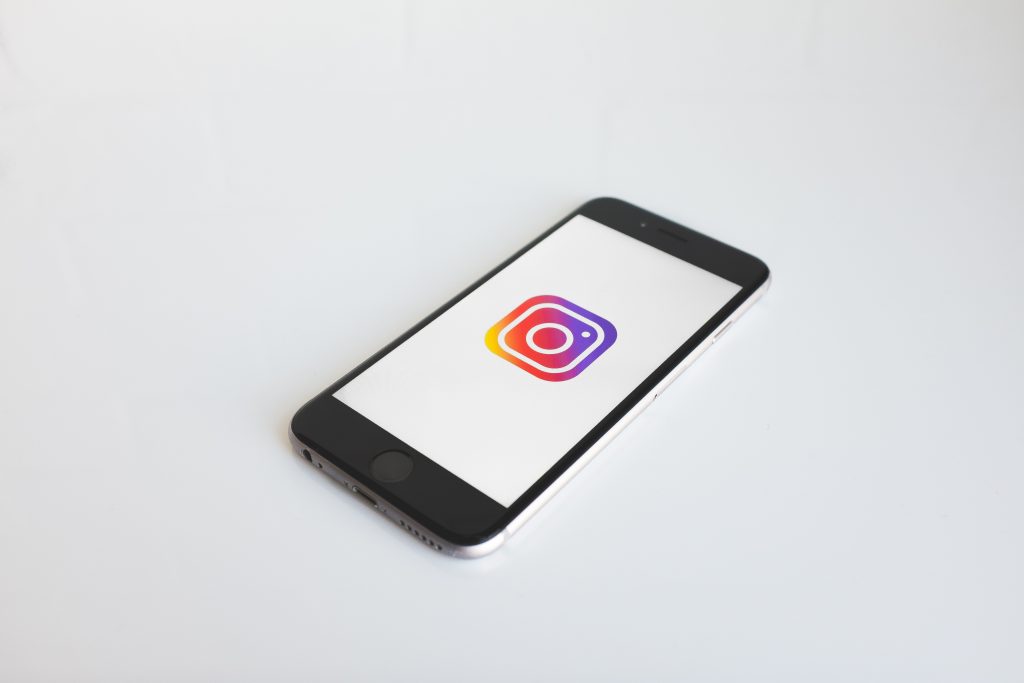
- During F8 2019, it was revealed that Instagram will be enhanced in terms of its camera interface, donation stickers, and curated product collections that will benefit online businesses. Popularity will just be on the sidelines, because Instagram will turn the focus on your content and creation.
- Instagram will no longer show Likes, shifting the focus on quality of posts instead of competing for likes and the falseness of likes. With its “Create Mode,” Instagram will be much more favorable for artists and online creators who want to showcase their talents, but not necessarily achieve a big range of followers.
- In the weeks to come, Instagram users will be able to shop looks from creators and influencers they follow, without having to open a different check-out window. It all happens inside the app.
What this means to marketers:
Instant shopping
Creators will have full control when it comes to advertising products. They will have the ability to tag products in their posts, and make it easy for their followers to shop instantly. Gigi Hadid and Kylie Jenner are one of the influencers who are testing this feature before it rolls out to the rest of Instagram.
Tracking exact sales
When the shopping feature is released, businesses, influencers and creators can take this opportunity of tagging their products as a measure for what sells and what doesn’t sell. It will be easier to generate sales all in one app. There won’t have to be external links separated from posts. It’s an all-in-one shopping and social media platform that can track exact sales.
Hidden likes reduces fakes
But how can hidden likes benefit influencers and businesses on Instagram? Hidden likes are a good thing overall because not only it creates a friendlier community, it also kills automated bots or automated likes. Instagram will become an equal playing field with fair competition, so to speak.
A more confidential WhatsApp
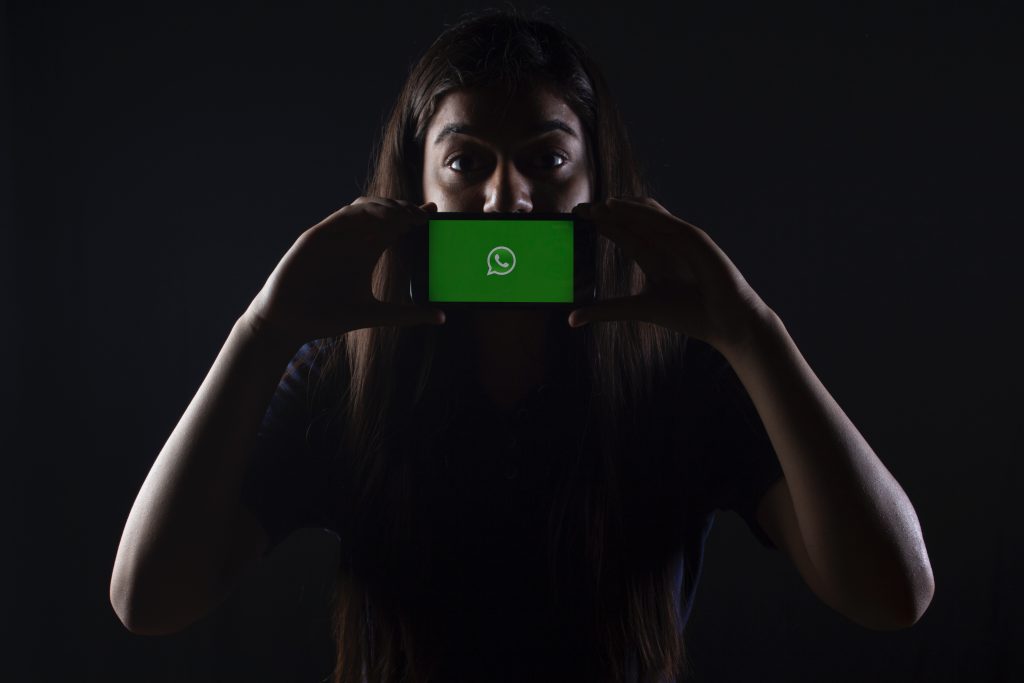
- Talking business, WhatsApp will feature a new tool called Product Catalog where users can view what products are available in WhatsApp Business. With end-to-end encryption, negotiations and transactions are secured by all means necessary.
- Sending money through WhatsApp will be just like sending a message, giving people economic freedom on a social media application.
- Aside from that, WhatsApp will be integrated in Facebook’s Portal smart display. Video calls will be supported through WhatsApp in Portal. In relation, Portal will be released in the U.S. and Europe before expanding to other countries.
What this means to marketers:
Social media commerce
Payments and money transfers are always tricky when it comes to any social media. Buying and selling almost always requires outside medium to pay and send money. With WhatsApp’s testbed for instant money transfer, it’s much more convenient than going to the bank or remittance centers.
What this means is faster and instant transactions for businesses. With the tool Product Catalog, business owners can show what they have in hand to potential customers. This feature establishes a formal and legitimate status for different brands.
Virtual Reality Innovations
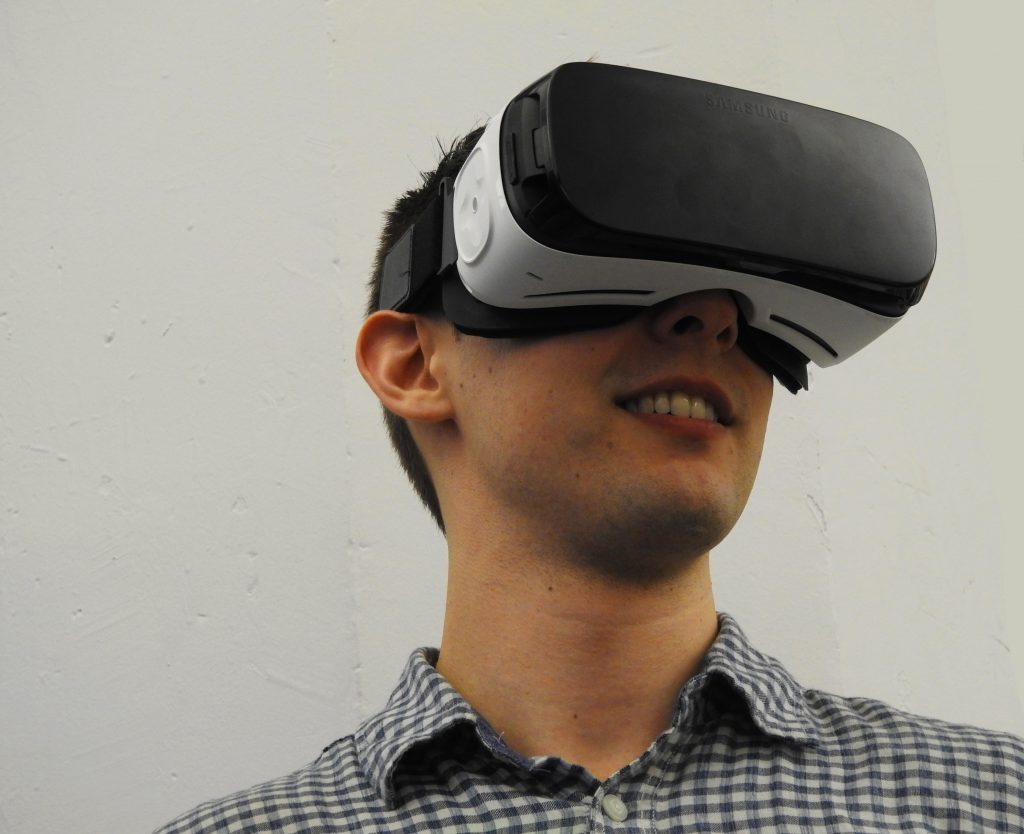
- At last year’s Facebook keynote, Oculus teased a virtual reality headset until recently at this year’s F8, the world had a glimpse of their two latest VR headsets, the Oculus Quest and Oculus Rift S. Everyone present at the conference received a free headset courtesy of Mark Zuckerberg. The headsets cost $399 each, ready to ship on May 21st in 22 countries.
- These headsets stand out because they don’t require connection to a phone or PC. Their better visuals and comfortable design set them apart from other Virtual Reality headsets.
What this means to marketers:
Virtual Reality possibilities
Oculus Quest has been updated for business to support business administrators, developers and users. The new Business software introduces new tools incorporated with Virtual Reality to work as an innovative business suite. It is said to include business and marketing tools such as device setup, management tools and an enterprise-grade service.
Facebook along with Oculus are finding ways to integrate Virtual Reality into workflows and creating a new system for business marketing. Possibilities are still being tested, but it’s a great chance to explore marketing and advertising in VR.
Are you ready for privacy?
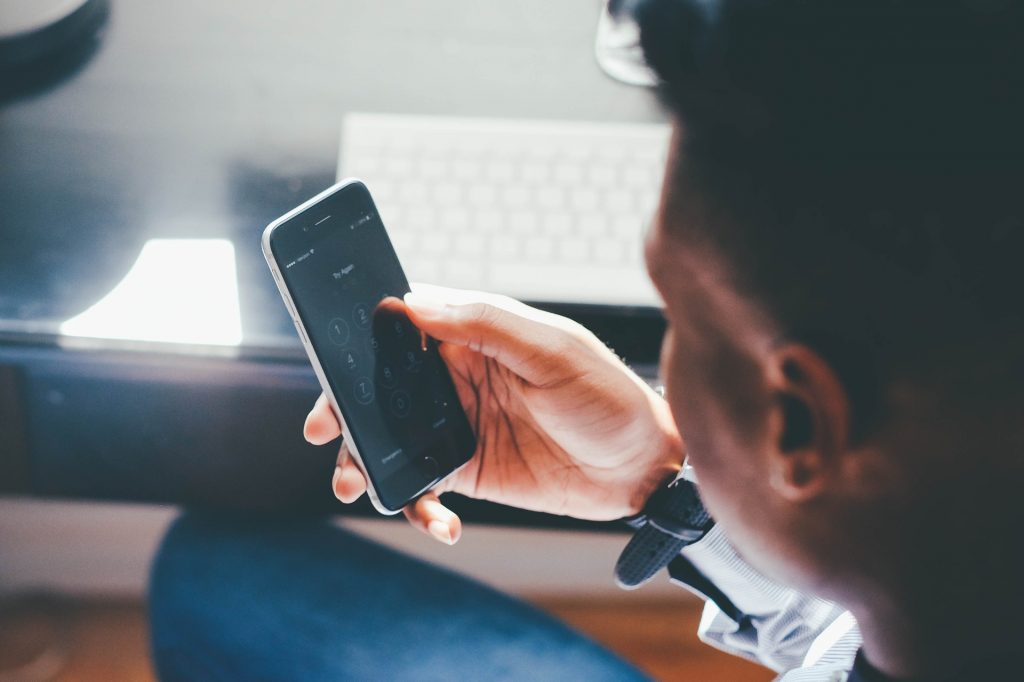
At the bottomline of all these upcoming changes on Facebook’s entire structure, the goal is to not only re-shape social activity and experience, but also re-establish transparent procedures for digital marketing and advertising.
It’s very clear that they paved a path for organized protocols. So it’s only going to benefit the authentic growth of businesses. However, it’s going to mean double effort to achieve the new standards in Facebook marketing.
In the long run, all these rules and restrictions will also moderate and secure the platform. But there is no guarantee that Facebook will become completely secure and private since most of the changes are still running for tests in countries like Canada and India.
But there are great promises that ensure Facebook cares for users’ experience. Whether or not Facebook gains the trust of the people back, they are still making ways to solve problems with the future in mind.



